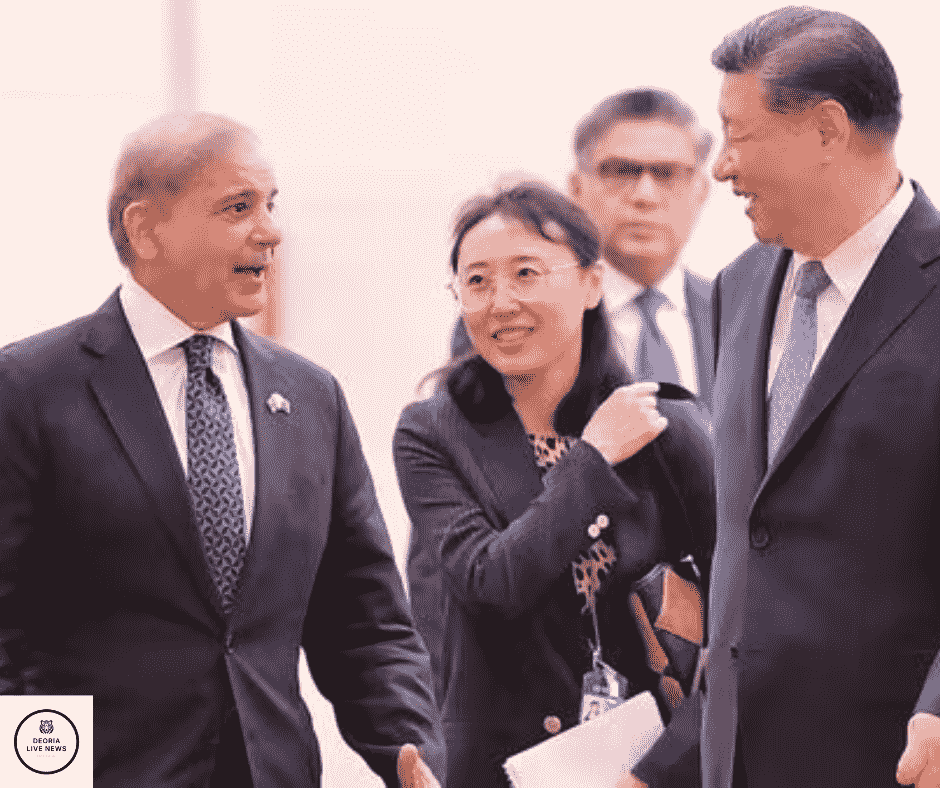
China and Pakistan have expressed firm objections following the United States’ decision to designate The Resistance Front (TRF) as a global terrorist organization.
Earlier this week, the US officially added TRF—an outfit believed to be linked to Lashkar-e-Taiba—to its list of designated terrorist groups. According to US officials, the TRF has been involved in recruiting youth for militancy and planning attacks in Jammu and Kashmir. This designation is meant to increase international pressure on groups involved in cross-border terrorism.
Reacting to this move, China stated it “strongly opposes the politicization of counter-terrorism,” urging countries to handle such matters “objectively and based on facts.” While China did not explicitly defend TRF, its response reflects its broader stance on unilateral sanctions or listings without United Nations consensus.
Pakistan, meanwhile, directly criticized the designation, calling it “unilateral and biased.” Its foreign ministry emphasized that such actions could undermine ongoing regional peace efforts and risk further tensions. Pakistan has often denied any association with TRF, despite accusations from Indian authorities and various international bodies.
India, on the other hand, welcomed the US decision, viewing it as a step forward in global recognition of the threats posed by proxy groups operating in the region.
The situation highlights the complex geopolitical dynamics between the US, India, Pakistan, and China—especially around issues of terrorism and regional stability in South Asia.
As tensions persist, many eyes will be on how these diplomatic statements translate into action—or further strain—on international platforms like the United Nations.
🔍 SEO Keywords:
TRF terrorist designation, US Pakistan China response TRF, TRF Lashkar-e-Taiba link, South Asia terror groups, India US counter-terrorism

